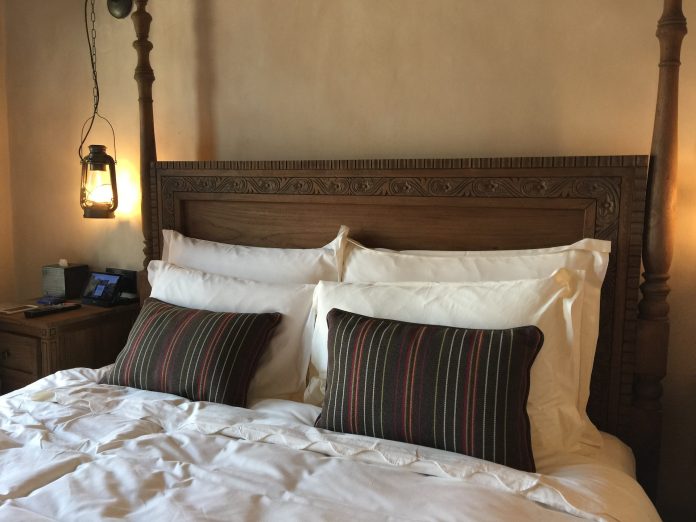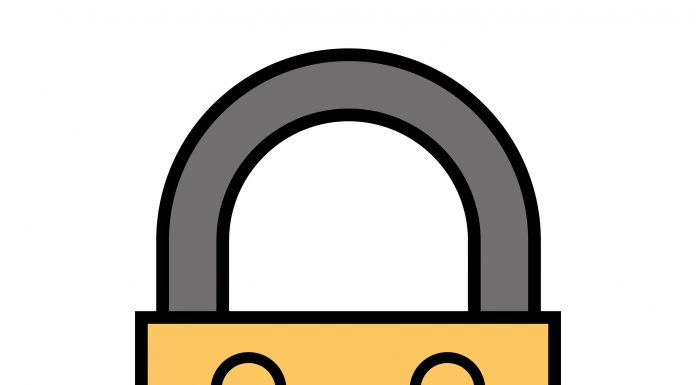
Aging is a normal process which starts the day we are born, but people are not aware of that fact as long as everything in their body functions normally. And they are not supposed to be aware of that fact, because there is the whole life in front of them, they have to experience all the joy, fun, obligations and difficulties of life, all the good and bad times life is bringing. There will be enough time to think of aging when the time comes.
And then we start aging
And then, “all of the sudden”, people start aging when some circles of their life are completed. As already said, it is not all of the sudden, but some periods of life are completed, and the human body gives us the first signs that it is not as young and strong as it used to be. Some health concerns start to bother every human being after a certain age, depending on their health predispositions, body and mind condition, amount of stress they’ve been exposed through life. One of the most important concerns, if not the most important, is sleep.
As we all know, human beings are supposed to spend one third of their life sleeping, “recharging batteries”. Sleep is of great importance for every human being, for it is the best cure for body and mind. But the quality of sleep reduces after the age of 60-65 and it contributes mainly to other health problems.
Why won’t you let me sleep?
There is a fundamental relationship between health conditions and sleep in older people. Changes in duration and quality of their sleep are conditioned by many internal body changes they are going through. One of the most important aspects is the position we sleep in, as the body loses its flexibility, and many elderlies suffer from different sleep disorders and some kind of rheumatic pains which disturb their sleep. And their needs for good, healthy sleep increase with aging, because the elderly body needs more relaxation to recharge. That’s why it’s very important to find a good sleeping mattress. Anatomy of Sleep is a great place to check reviews and hopefully find your perfect match.
On the other hand, studies show that older persons don’t get enough quality sleep as they need more time to fall asleep. Their internal clock changes, and they get sleepy earlier at night and wake up earlier in the morning. This could be due to the production of melatonin, the sleep promoting hormone, because all body functions become slower and are reduced until they reach the minimum. Elderly become more sensitive to different environmental noises, temperature changes, air pressure, humidity and many others.
Most common sleep disorders
Poor night sleep is a problem for many people, and for elderly as well. Some of the most common sleep disorders are:
- Insomnia
- Breathing disorders
- Narcolepsy
Insomnia is one of the most common sleep disorders, it makes it hard to fall asleep, or once a person wakes up for some reason, it is hard for them to go back to sleep. In elderly it is mostly caused by the need to use the bathroom, or some rheumatic pain, or heartbeat disorder.
The most common breathing disorders are snoring and apnea. Partially blocked passage of the air from upper breathing organs to the lungs, from nose to lungs, makes vibrations which produce snoring which can be discrete to very severe. It disrupts both the person snoring and the person sleeping with such. Sleep apnea causes repeatedly stopping breathing during sleep, and if not treated, can lead to lots of serious health problems. For now, the best treatment for sleep apnea is the device that provides continuous nasal airway pressure.
Narcolepsy is a sleep disorder where a person is having problems controlling sleep-wake cycles, they suffer from daytime drowsiness and also suddenly fall asleep. Those people can’t stay awake for long periods of time.
Together with those mentioned disorders, there is rheumatic pain which may occur during sleep in a certain position. And the problem increases if the person has some other sleep disorders, or some other conditions like heartbeat disorders which wouldn’t allow them to sleep in the same position for long.
Tips for better sleep
Here are some tips for better night sleep. They may help improve elderly sleep, and they can also help anybody else.
Make a sleep schedule and stick to it. A person has to make a routine that will calm them down before going to sleep. Taking a warm shower, reducing the lights, calming down the music, avoiding disturbing TV programs and electronics.
Never go to bed hungry, and of course never take too much food before going to bed. Some nice and easy meals two hours before going to bed will make a person confident and help them go to sleep easier.
Do not take alcohol before going to sleep because it can make you irritable. Also reduce caffeine and tobacco, it can help you during the day, but it is a big no if you need a good night sleep.
Reduce daytime naps, and your night schedule will work better. Keep your phone silent, but in the reach of the hand if some problem occurs, so you can contact your family or doctor. It will make you calm knowing that help will come if you need it.





















